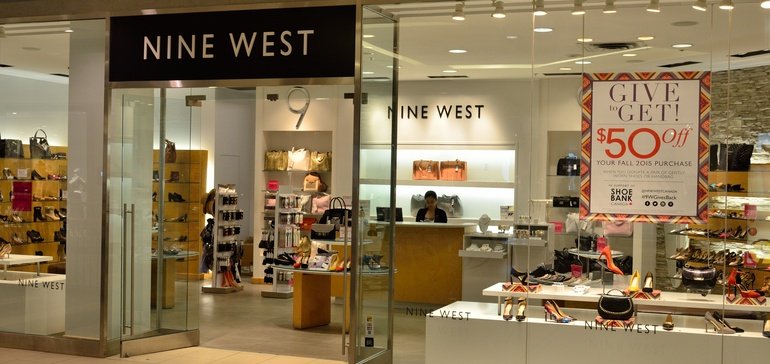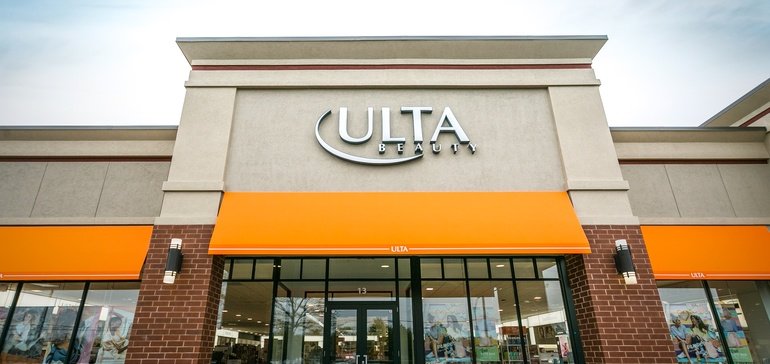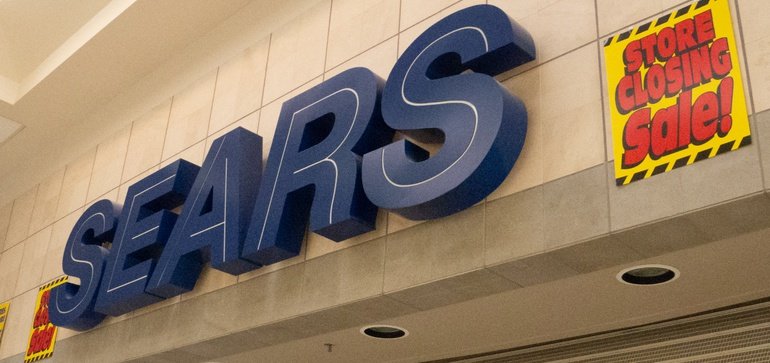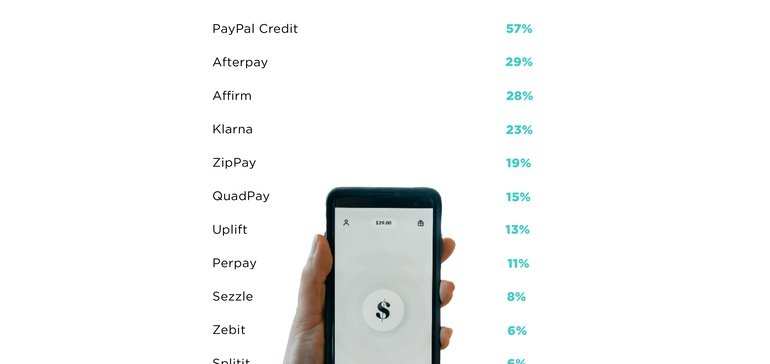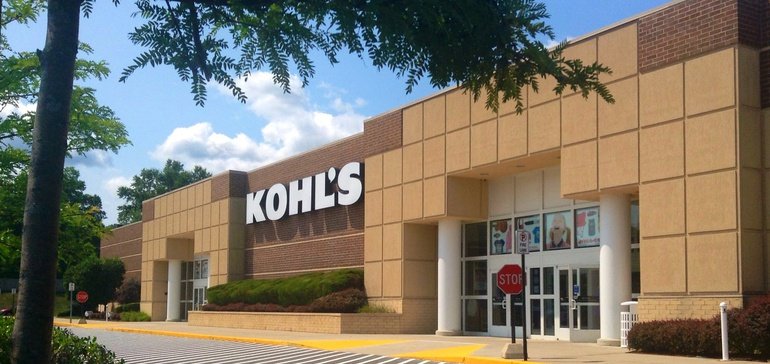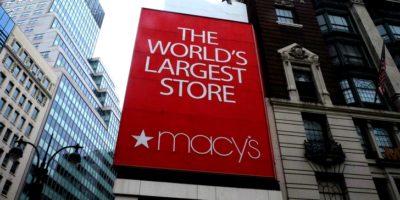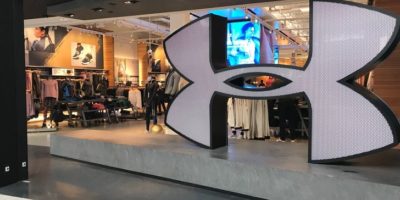Offering out: What retail leaders require to recognize prior to striking a manage personal equity
Like an old fire returning years after an altercation, personal equity is back knocking on retail’s door.
Kohl’s is just one of one of the most current to be charmed. Records had it that the business got passion from personal equity gamer Sycamore Allies, an acquainted face in the retail market that is likewise freely going after ODP Corp’s retail organization (that includes Workplace Depot and also OfficeMax).
The Wall surface Road Journal likewise reported that Acacia Study, had by protestor company Starboard Worth, provided $9 billion to purchase Kohl’s and also had financial institutions attesting its capability to fund the manage financial obligation.
The store decided not to offer itself (in the meantime) in a leveraged acquistion, pointing out basically a too-low cost and also taking on a poisonous substance tablet to avoid any kind of prospective aggressive requisition. However the business has actually exposed the opportunity of a sale at a greater cost, and also is dealing with extreme protestor stress over its rejection to even more involve personal equity suitors.
Kohl’s is simply the current to be dated. Retail has a decades-long background of personal equity passion and also leveraged acquistions. As a warm mergings and also purchases market rolls on and also quotes come in for sellers, it deserves taking a minute to check out that background, which is cluttered with insolvent, sold off and also troubled sellers.
Retail, acquistions and also insolvency
Historically, personal equity purchasers of heritage retail business have actually funded their purchases with financial obligation, which after that ends up being the duty of the obtained business. Leveraged acquistions removed in the 1980s, sustained by the advancement of high-yield scrap bonds and also the development of personal equity funds concentrated on taking public business personal to wring even more worth and also performance out of them.
Personal equity handle the retail market have actually ups and downs over the years. Passion in retail has actually returned adhering to a dry spell most likely fixed to retail’s battles over the last component of the 2010s.
There were simply 4 significant personal equity purchases of sellers in 2018, and also alongside none in 2019 and also 2020, according to Retail Dive’s monitoring. In 2021, there were 8 procurement offers for significant retail business, in addition to financial investments in and also purchases of brand names and also electronic retail endeavors.
Retail purchases by personal equity in 2021
| Seller | Customer | Industry |
|---|---|---|
| In Your Home | Hellman & & Friedman | house products |
| Casper | Durational Resources Monitoring | house products |
| Club Manaco | Minister | garments |
| Francesca’s | TerraMarr Resources and also Tiger Resources | garments |
| Iconix Brands | Lancer Resources | garments |
| Intermix | Altamont Resources Allies | garments |
| Michaels | Beauty Global Monitoring | specialized |
| Paper Resource | Elliott Financial Investment Monitoring | specialized |
Resource: Retail Dive information
In 2015, as an example, brought the purchases of In the house by Hellman & & Friedman, Casper by Durational Resources Monitoring, Michaels by Beauty Global Monitoring and also Paper Resource out of insolvency by Elliott Financial investment Monitoring, to name a few.
Given That 2018, Retail Dive has actually assembled a data source of personal equity purchases in the market returning 20 years. Our first checklist was made partly with information given by PitchBook and also Acuris in addition to Retail Dive research study. Ever since, succeeding enhancements and also updates to the checklist have actually been made with Retail Dive research study.
All informed, the checklist consists of greater than 110 sellers that have actually undergone at the very least one personal equity procurement eventually returning to the 2000s. Of them, over 40% have actually declared insolvency eventually after their procurement, according to Retail Dive’s evaluation.
That is an unpleasant record. It is necessary to keep in mind that personal equity’s technique frequently includes acquiring business that are currently having a hard time and also trying to transform them about. To put it simply, not all the blame for a business’s failing can be laid at the feet of personal equity companies.
Yet the loads of insolvencies likewise elevate significant inquiries regarding the knowledge and also effectiveness of filling up having a hard time business with millions or perhaps billions of bucks in the red to fund personal equity’s merging technique (and also the periodic debt-financed returns).
While acquistions include financial obligation, obtained sellers frequently undergo years of disinvestment while they attempt to handle their passion costs, all the while possibly paying monitoring charges and also returns to their enrollers. Toys R United States, to take a popular instance, allow its shops degrade and also affordable setting flag under a $5 billion financial obligation tons from an exclusive equity acquistion. All the while execs and also proprietors were taking squander of the business. Inevitably the business broke down in insolvency.
” It’s a snowball result,” claimed Dennis Cantalupo, Chief Executive Officer of Pulse Scores. “The financial obligation begins it, and afterwards you’re investing a lot of your funding maintenance that financial obligation you’re not spending right into business as a lot, and also your organization begins to endure.”
A short background of a poor bargain
In spite of the capacity for economic distress after a leveraged acquistion, boards and also execs of openly traded sellers have every reward to offer to personal equity prospective buyers, if the cost appears right. The greater the cost, however, the greater the prospective financial obligation tons.
With supply utilized to make up business management, those deciding to offer can jointly make millions in addition to a business’s investors. Commonly, monitoring groups and also supervisors are changed after a bargain, and also it might not feel like their trouble when examining a quote.
Yet, in a leveraged acquistion where the financial obligation is so high it provides the business bankrupt, board supervisors and also execs encounter prospective responsibility for doing the bargain.
Go Into the Jones Team. The garments business when had 9 West, Stuart Weitzman, Kurt Geiger, Anne Klein and also a host of various other brand names. In 2014, it finished a bargain to offer itself to Sycamore Allies, which for many years has actually acquired Talbots, Hot Subject, Belk, Staples, Coldwater Creek and also various other sellers and also brand names.
Sycamore purchased the Jones Team for $15 a share, a boost from a preliminary quote of $14 (though substantially much less than what Sycamore initially drifted, after obtaining a more detailed check out the business’s publications). At first, Sycamore intended to set up $395 countless its very own cash to cover the cost yet ultimately reduced that number by over half, leaving it with little skin in the video game. Rather, the company raised the quantity of financial obligation utilized to fund the bargain.
This is all according to previous financial institutions to 9 West, that affirmed in a claim that Sycamore’s procurement made the Jones Team bankrupt.
The company, they state, offered itself the very best components of the Jones Team– the rapid expanding Stuart Weitzman and also Kurt Geiger brand names– for much much less than their market price and also out of the reach of financial institutions. The continuing to be brand names were mainly having a hard time– consisting of 9 West, which would certainly offer its name to the brand-new business– and also packed right into a brand-new business that was entrusted $1.5 billion of financial obligation from the acquistion. (Sycamore decreased to comment for this tale.)
The challenging purchase, complainants state– based upon a years-long examination that has actually shown up interior files and also statement — was postulated on Sycamore’s forecasts of future earnings and also sales for the 9 West brand names that were glowing and also out of action with its real efficiency.
The numbers consisted of future sales development for brand names that had actually just decreased in current durations while disregarding points like shed sales from shop closures, recurring consulting expenses and also the influence of losing every one of the business’s then-current management adjustments for the business, according to the complainant’s accusations.
The mix of financial obligation and also a decreasing organization undoubtedly drove 9 West right into insolvency approximately 4 years later on. The filing a claim against financial institutions suggested that the business ended up being bankrupt the minute the bargain underwent which, for that reason, not just Sycamore yet the Jones Team management that consented to the bargain were accountable for 9 West’s utmost devastation.
Authorizing the merging, according to the complainant’s debate, totaled up to a violation in fiduciary task. “Jones Team’s supervisors, policemans, and also investors jointly had actually left with practically $1.2 billion,” the issue states. “By comparison, [Nine West] was robbed of its reward possessions and also entrusted reducing, low-profit companies and also a big financial obligation tons.”
Supervisor offenders in case asked a government court to disregard insurance claims that they had actually broken their fiduciary task yet were refuted, the court in case searching for that business leaders had not adequately explored whether the Jones Team bargain would certainly provide the business bankrupt.
A couple of months afterwards choice, prior to the events mosted likely to test, the lawsuits versus the previous supervisors and also execs was cleared up. (A situation versus previous capitalists that made money from the Jones Team sale is recurring.)
‘ You can not hide your head in the sand’
The background of Jones Team and also 9 West is, certainly, certain. However it is likewise useful, and also it questions regarding what business decision-makers at Kohl’s and also others require to do and also recognize when thinking about a quote from personal equity capitalists preparing a leveraged acquistion.
Dopes in case, consisting of the court’s rejection to disregard insurance claims, were a “all-natural expansion of poor realities,” claimed Keith Sambur, a companion with Holland & & Knight’s economic solutions technique. “Jones Team forged ahead as it connects to the quantity of take advantage of on a business.”
At the very same time, as Sambur explains, business management has a fiduciary task to their investors and also can encounter suits from capitalists for ruling out a significant bargain. Solvency is crucial below in identifying which obligations take priority.
” You need to ensure that the business isn’t so instantly burdened financial obligation that the LBO purchase relaxes exclusively on the back of unsafe financial institutions,” Sambur claimed. “To me, what Jones states at the end of the day is you can not hide your head in the sand and also state, ‘I’m simply mosting likely to act that’s out my watch.’ You need to make that resolution via a degree of due persistance, which did not occur below.”
Future suits might be the only actual choice suppliers and also various other unsafe financial institutions have. They could not such as leveraged acquistions, yet providers still require their retail clients and also a few of the most significant sellers that tackle the most significant financial obligation tons have a tendency to be essential clients to providers. Yet wariness in the supply chain includes a lot more to a leveraged store’s economic threats.
” Distributors are not obliged to do organization with any person,” Pulse Scores’ Cantalupo claimed. After a leveraged acquistion, suppliers “reassess the credit score account and also, if they fit with it, they proceed offering to them. If the credit score weakens, after that you might see providers downsize direct exposure, perhaps reduced line of credit, transform the repayment terms, points of that nature.”
If suppliers lower their direct exposure to a merchant sufficient, Cantalupo included, sellers “are not obtaining [enough] products and also your sales are going down. It’s a vicious circle.”
Adhere To.
Ben Unglesbee.
on.
Twitter.
